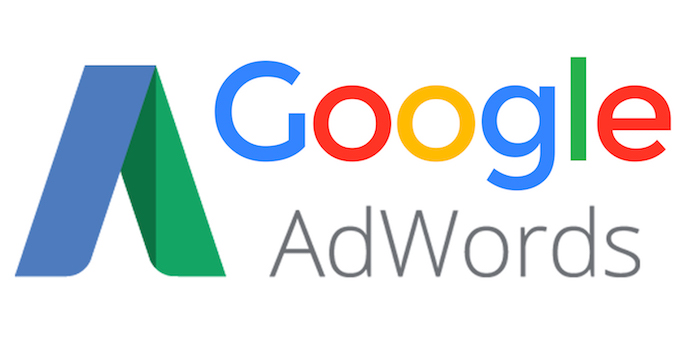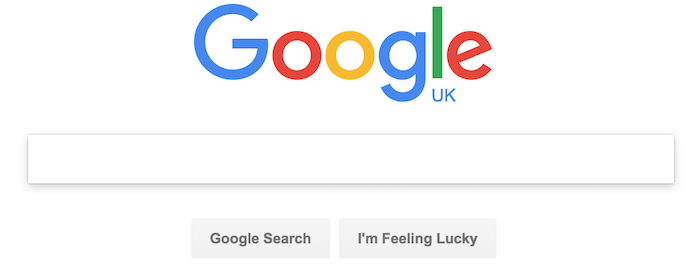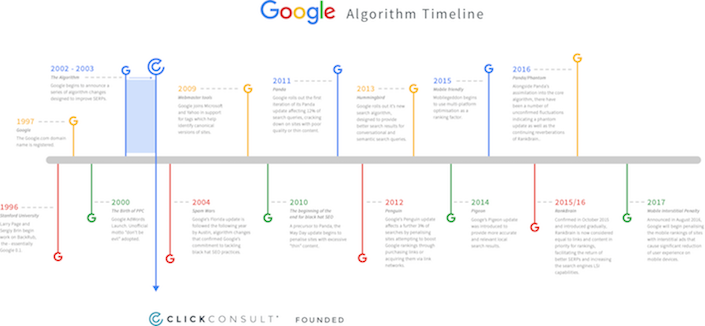The wonderful world of Google never stays the same for long. It has introduced four significant search engine changes recently that you need to be aware of:
- AdWords campaigns
- Organic search engine optimisation
- Mobile optimisation
- Rank brain
We appreciate how difficult it can be to keep up with these constant changes so here is our quick summary of what you really need to know about each of the above areas.

AdWords campaigns
The way the Adwords search engine results page (SERP) is displayed has changed dramatically over the past couple of years. It used to have two columns – one of which was dedicated to AdWords ads – but is now displayed as one single column. This design will be displayed the same on both desktop and mobile devices.
But it’s not only the display that is different. Whilst the old SERP display had anything up to 11 ads at the top of the page, the new one only has four ads at the top of the page and three more at the bottom.
This means that to get into what is effectively the “Top 4”, you need to be even more skilful at optimising keywords and bids.
The format of the ads themselves has also changed. Whereas previously advertisers were limited to a headline, sub-header, and a link there is now much more space to add text. You therefore have the opportunity to include more about your brand, and also add internal sitelinks and perhaps also reviews.
There are also a variety of new keyword bidding strategies. Fundamentally there is the facility for Google’s AI to do the bidding for you rather than you spending hours doing things manually. New strategies include:
- Target search page location
- Target CPA
- Target outranking share
- Maximise clicks
- Enhanced CPC

Organic search engine optimisation
Google is changing its philosophy from that of an “information engine” to a “knowledge engine”. Whilst the current SEO industry is based on the need to use and optimise keywords to make it easy for Google to read, store and recall your site’s information, this is no longer enough.
In future Google will not display SERPs based solely on keywords, but will also aim to understand the actual intent of each user and provide the best answer it can on that basis. So on search results pages now there is often a knowledge panel on the right, as Google displays additional data that it believes the searcher will want to see:
The implication for marketers is that there is no point optimising for short keyword terms because these are already well covered by Google.
Google may also offer locally relevant business information in the Knowledge Panel. It is not possible for marketers to change this panel directly, but brand information will be used by Google. So, whether you are a marketer for a business or an SEO agency for mortgage companies or other product or service brands, best practice is to keep all information on the business website as completely up-to-date as possible to reflect the authority of the brand.
Mobile optimisation
We all remember Mobilegeddon in April 2015 – if not then see our blog What the F*ck has Google done to my website?! Google updated its algorithm to give preference to web pages which displayed correctly on mobile over those which were optimised for desktop.
Building on this change, Google will now be splitting its page index into two indices; one for pages which are optimised for mobile and another for those which are not. The most significant aspect of this is that the index for non mobile-optimised will not be updated as regularly as the index for mobile-optimised pages.
So it is even more essential as marketers for your website to be optimised for mobile viewing, otherwise you may find that your brand does not display the most up-to-date information in Google – or may even not appear at all in a mobile search.
RankBrain
RankBrain is a new Google ranking factor that uses artificial intelligence to process search results and provide more relevant results for users. It differs from other SEO ranking factors in that there is no RankBrain score and it is not possible to optimise a website for RankBrain.
What RankBrain does is to act as an interpreter of both the searcher’s intent and the content of potential websites in order to find the best match for the user. Something not dissimilar to a dating agency concept!
Google recommend that to harness the power of RankBrain just follow the same principles as you have been doing so far to ensure your site is Google-friendly. Make sure that your content is of a high quality and is:
- Fresh – to enable searchers to find recent and relevant information
- Engaging – to ensure that searchers are satisfied by what they find
- Deep – to give RankBrain more potential to assess the relevance of the page for a searcher
So, changing times as ever at Google. But the above developments have significant implications for marketers and it is worth taking the time and effort to amend what you are doing to fit in with them rather than wasting time pedalling in the wrong direction.


